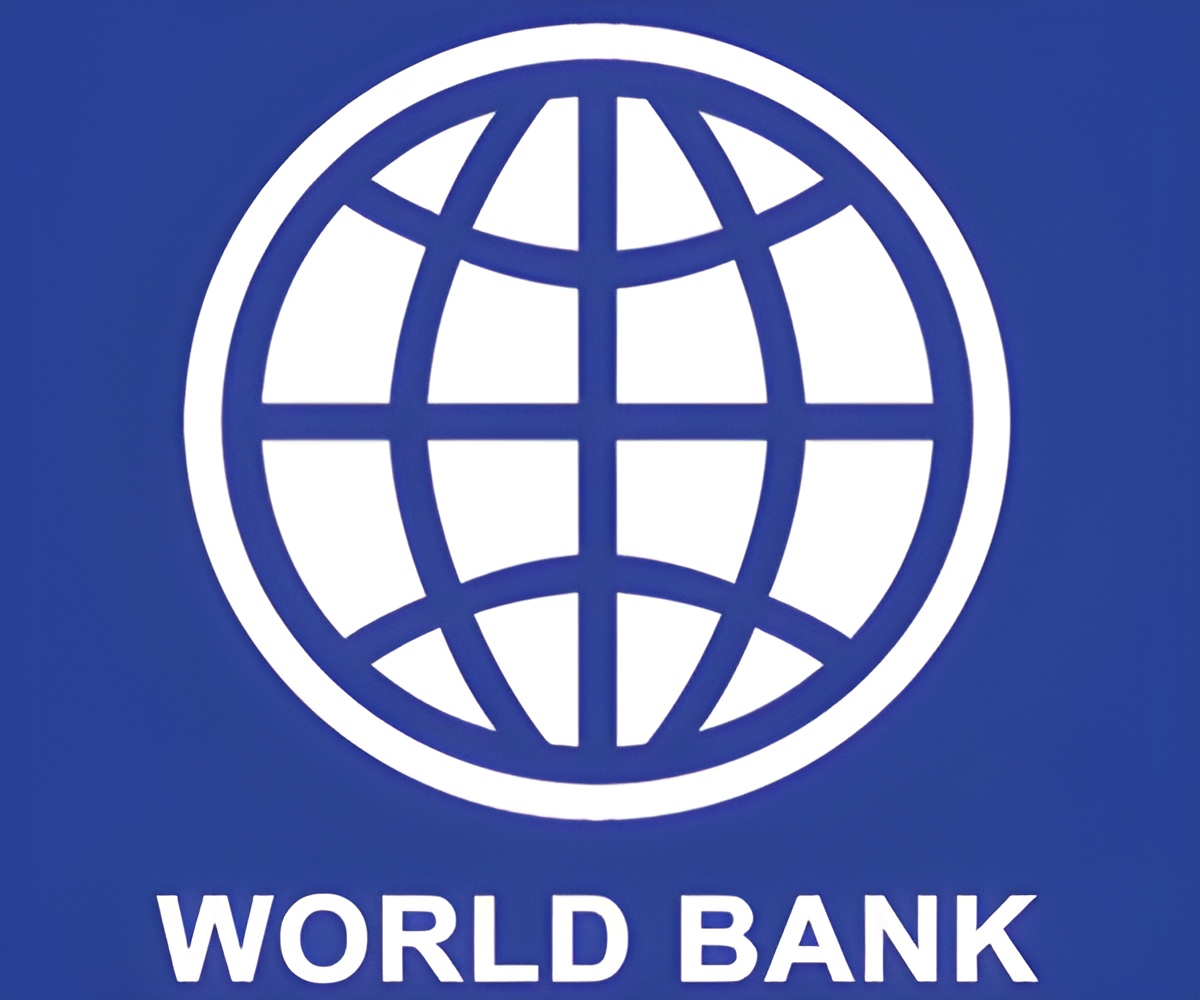World Bank emphasises on the food prices pushing the world's poorest people towards 'undernutrition' and obesity.

"When poor people with some disposable income in developing countries try to cope with high and increasingly volatile food prices, they also tend to choose cheap food that is high in calories but without much nutritious value."
Between October and February, world food prices dropped by four percent overall, driven in part by wheat (minus 11 percent) and sugar (minus 10 percent), due to weaker demand for wheat feed and reduced maize consumption for ethanol as well as improved harvest conditions, according to the World Bank.
But they remain at very high levels and are just nine percent less than historic levels in August.
In February alone, prices increased one percent overall for a year-long period. The increases were especially notable for rice and corn (five percent each), two staple foods in many developing countries.
The World Bank also worried about "uncertainties" that remain in the world food supply.
Advertisement
Meanwhile, oil prices have been rising for three consecutive months, reaching their highest levels in February since April.
Advertisement
In 2008, there were 1.46 billion overweight adults, including 508 million who were obese.
That number could rise to 2.16 billion for overweight adults, and nearly double to 1.12 billion for the obese by 2030 across all regions and in fast-developing nations such as China and India, said the bank in citing "even conservative estimates."
"Half of the world’s overweight people live in just nine countries -- China, United States, Germany, India, Russia, Brazil, Mexico, Indonesia and Turkey -- evidence that obesity is not an epidemic restricted only to rich countries," added Canuto.













